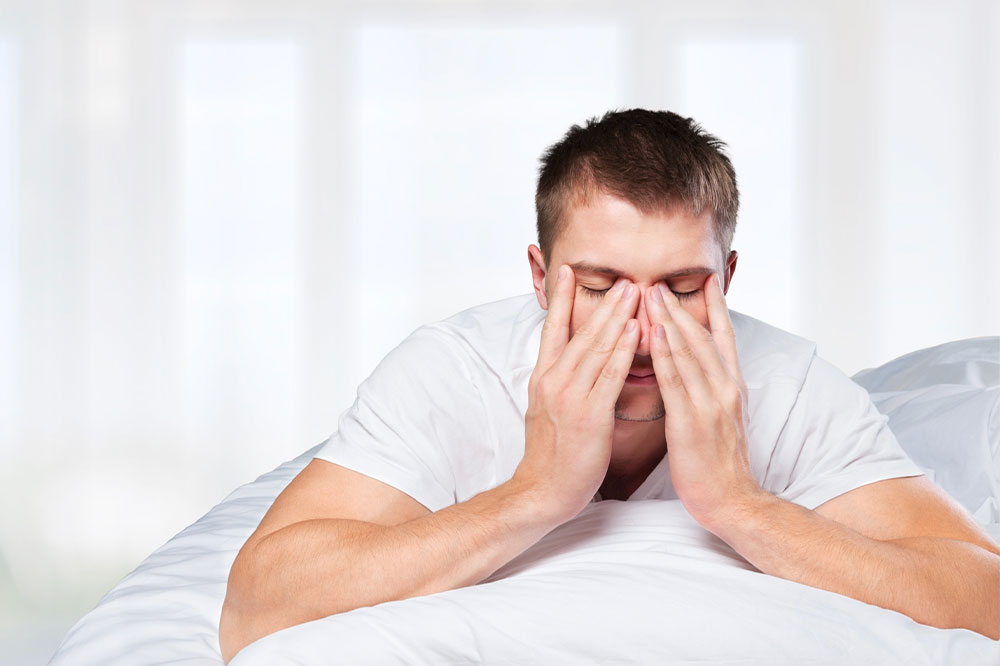Understanding Common Sleep Disorders and Their Remedies
This article explores five common sleep disorders, including insomnia, sleep apnea, parasomnias, restless legs syndrome, and narcolepsy. It covers their symptoms and effective treatment options, emphasizing lifestyle changes and medical interventions to improve sleep quality. Learn how recognizing these conditions and seeking appropriate care can lead to healthier sleep patterns and better overall well-being.

Getting enough restful sleep is vital for maintaining overall health and mental clarity. However, many individuals face various sleep disturbances that hinder quality sleep, leading to daytime fatigue, concentration problems, and mood issues. Recognizing these common sleep conditions and knowing their treatment options is essential for better sleep health.
Types of Sleep Disorders
Below are five prevalent sleep issues:
Insomnia
This disorder is characterized by difficulty falling asleep or staying asleep. Factors like stress, anxiety, digestion issues, or health problems often cause insomnia. Its duration can vary from occasional sleepless nights to chronic issues lasting years.
Sleep Apnea
A serious condition where breathing repeatedly pauses during sleep, leading to low oxygen levels and fragmented rest. It can significantly impair sleep quality and overall health.
Parasomnias
Individuals with parasomnia exhibit unusual behaviors during sleep, such as sleepwalking, sleep talking, nightmares, teeth grinding, or bedwetting. Sometimes, treating underlying conditions like sleep apnea can resolve these behaviors.
Restless Legs Syndrome
This disorder causes an uncontrollable urge to move the legs at night, often accompanied by sensations like tingling or burning. Its exact cause remains unclear but may involve linked conditions such as ADHD or Parkinson’s disease.
Narcolepsy
Characterized by sudden daytime sleepiness, individuals may unexpectedly fall asleep, facing challenges like sleep paralysis. It is believed to stem from neurological factors, including multiple sclerosis.
Managing Sleep Disorders
Treatments depend on the specific disorder and include lifestyle adjustments and medications:
Healthy Lifestyle Changes
Establish a consistent sleep routine
Avoid naps late in the day
Limit caffeine, nicotine, and alcohol intake in the evening
Reduce water consumption before bedtime
Eat light dinners and avoid heavy foods at night
Incorporate vegetables and fish into meals
Engage in regular exercise to reduce stress
Medical Interventions
Sleep aids or medications prescribed by a doctor
Treatments for allergies or underlying health issues
Use of CPAP devices or surgery for sleep apnea
Melatonin supplements to regulate sleep cycles
Note:
The information provided is for educational purposes only. Always consult healthcare professionals for diagnosis and treatment advice. Do not rely solely on this content for medical decision-making.










